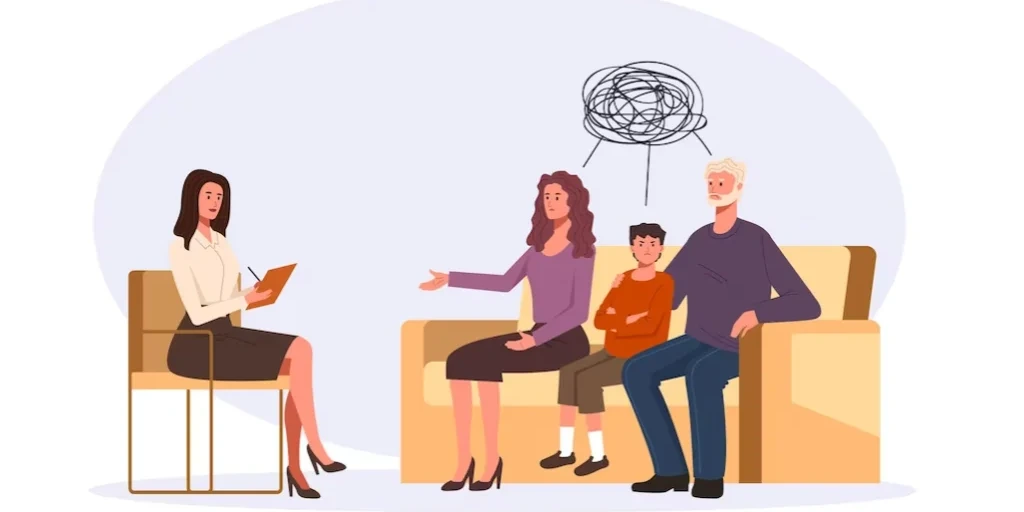is a vital component of addiction recovery, providing critical support and understanding for individuals battling various forms of addiction. In McDowell County, these rehab centers focus on treating a range of substance use issues, including alcohol, opioid, methamphetamine, and prescription medication dependencies. The treatment approach is comprehensive, often integrating cognitive-behavioral therapy, motivational interviewing, and, most importantly, group therapy sessions designed to foster community, shared experiences, and mutual support. The importance of rehab centers extends beyond individual treatment; they cultivate a space for healing where individuals can connect with others facing similar challenges, helping to reduce feelings of isolation that often accompany addiction. The history of Group Therapy rehab centers in McDowell traces back several decades, evolving in response to the growing recognition of addiction as a public health crisis. Their impact is profound, providing numerous individuals with the tools necessary for successful long-term recovery, reshaping lives and restoring hope across the United States. In McDowell, these centers not only address the immediate crises of addiction but also work to build sustainable support networks, facilitating stronger, healthier communities.
Learn more about Group Therapy centers in McDowell County

































































